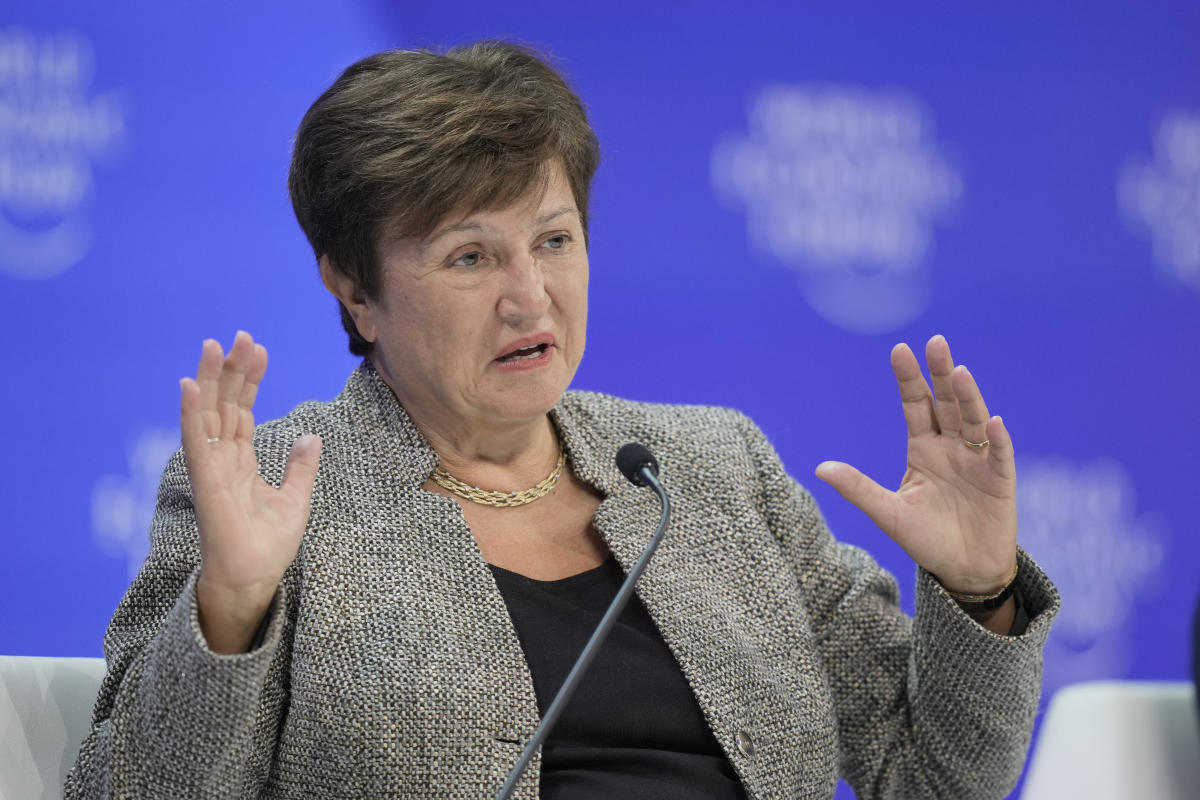
During the recent international meeting of the International Monetary Fund (IMF) and the World Bank, IMF head Kristalina Georgieva expressed her concerns about the state of the world economy. While she acknowledged that the global economy has shown resilience in the face of challenges such as higher interest rates and conflicts in Ukraine and Gaza, there are still areas that require attention. One such concern is persistent inflation, which although down, is not completely eliminated. In particular, strong economic growth in the United States has been met with a delay in bringing down inflation rates.
Another area of worry raised by Georgieva is the rising levels of government debt worldwide. She pointed out that global government debt increased to 93% of global economic output in 2021, up from 84% in 2019. This increase was due to governments’ response to the COVID-19 pandemic by providing healthcare and economic assistance. Georgieva emphasized that countries need to efficiently collect taxes and manage public spending to build fiscal resilience for future shocks.
The IMF has forecasted a growth rate of 3.2% for the global economy in 2024 and 2025, following a modest upgrade from previous forecasts for 2023. Despite this growth rate, it lags behind historical growth rates. One reason cited for this slow growth is a lack of significant improvements in productivity. Georgieva highlighted that countries need to better match workers with technology and address aging labor forces that may limit economic growth potential.
Georgieva also noted differences in productivity gains between countries, with the United States seeing better productivity growth compared to Europe. She attributed this difference to factors like regulatory efficiency, innovation facilitation, and energy costs. By reducing bureaucratic red tape, increasing women’s participation in the workforce, and fostering innovation, countries could potentially boost their economic growth rates.
In conclusion, while there have been some positive developments within the world economy over recent years, there are still areas where challenges remain unresolved. These include persistent inflationary pressures and rising levels of government debt worldwide. To overcome these challenges successfully, countries must work together to improve productivity levels while ensuring fiscal prudence and efficient resource management practices remain at forefronts of their policy priorities moving forward into future years ahead.






